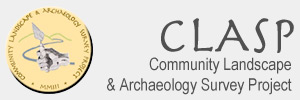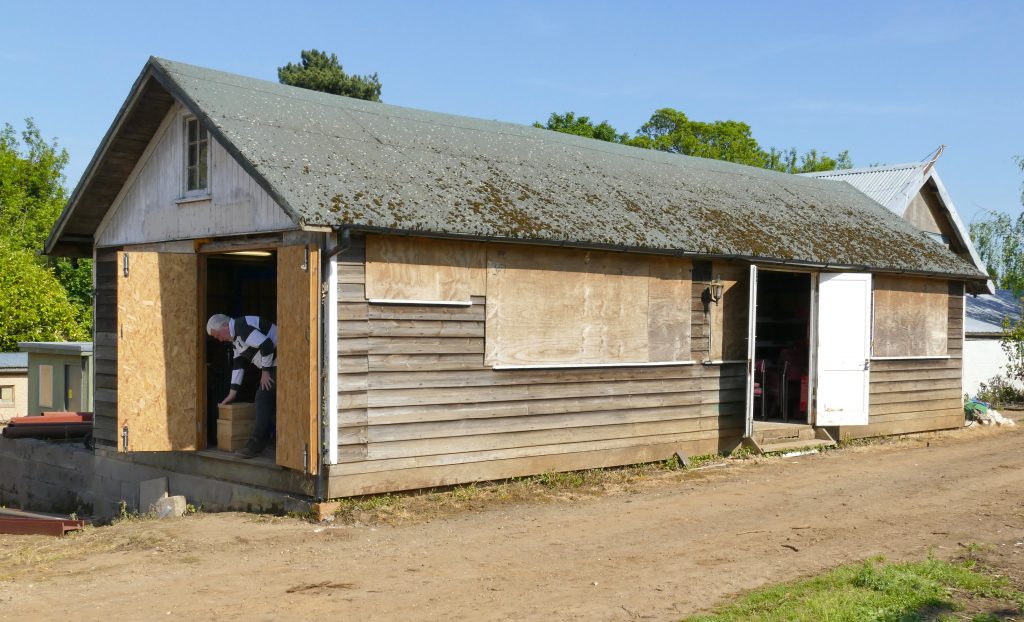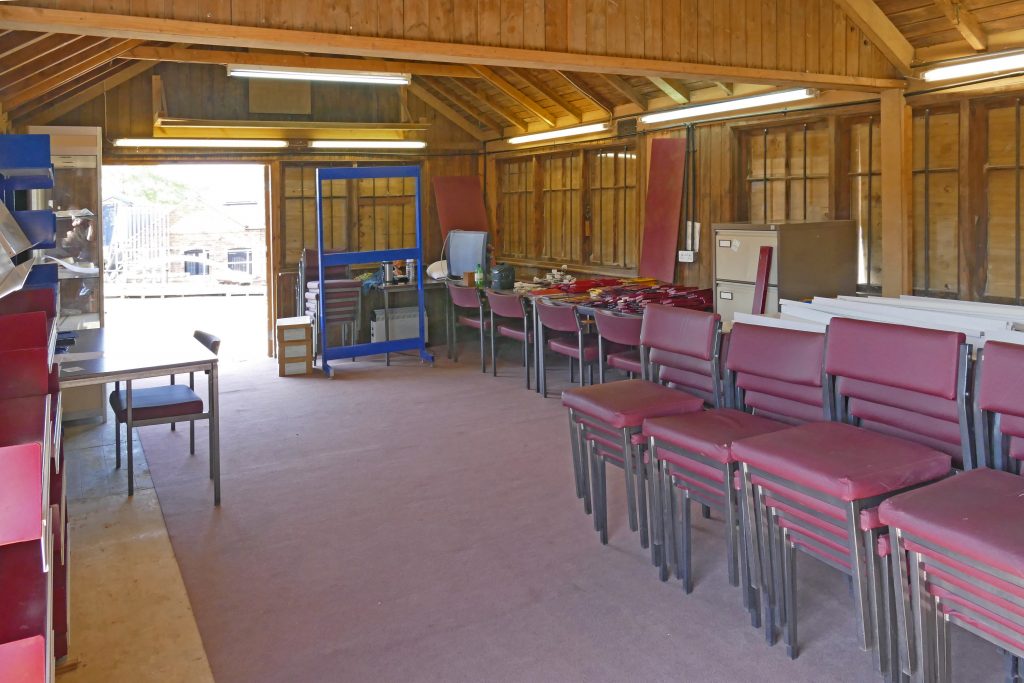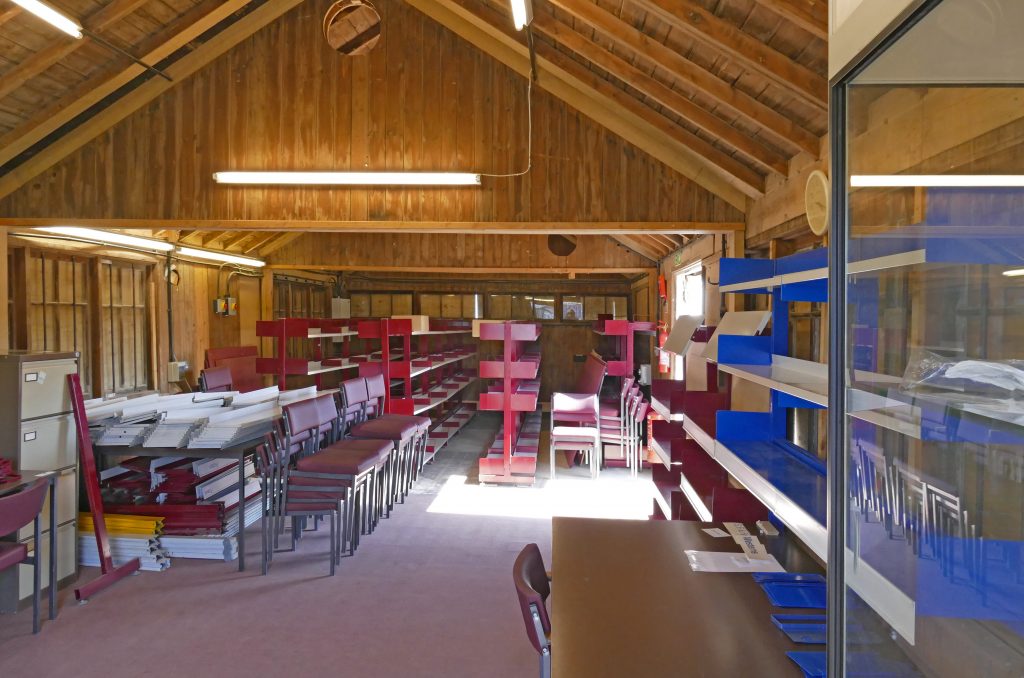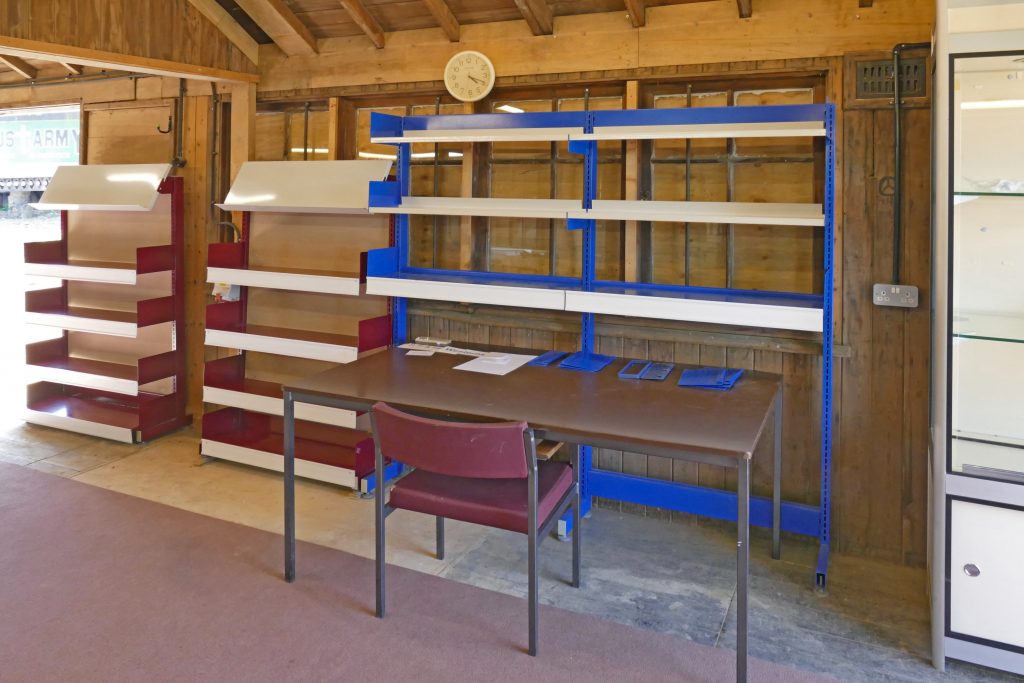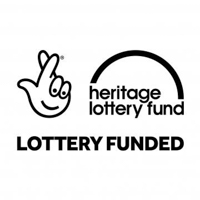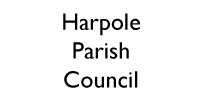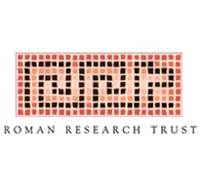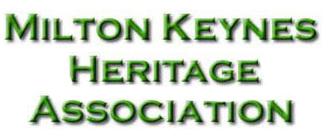Subject to sufficient interest, CLASP will run a two-day Archaeology Taster/Refresher Session on Thursday 4th and Friday 5th July
to be repeated on
Saturday 6th July and Saturday 7th July.
Blog Archives
Taster/Refresher Sessions July 2019
‘Objects and Death’ – on the trail of grave goods
British Museum, 31 May 2019
A report by CLASP Member Hilary Calow
The event was held as part of the Grave Goods Project www.gravegoodsproject.org
- The Grave Goods project’s primary aim is to undertake the first long-term, large-scale investigation into grave goods during the Neolithic, Bronze Age and Iron Age. The project database includes more than 1000 sites across the UK, 3200 burials, 5700 objects.
- “Our analysis will enable a new level of understanding of mortuary material culture over this major period of technological innovation and social transformation. We will develop and apply a suite of interpretive approaches leading to a novel, theoretically-informed narrative concerning the significance of objects in people’s lives and deaths in later prehistoric Britain.”
- It was a curious event with a mix of archaeologists and artists speaking.
- The 3 artists spoke covered a “performance” project looking at how our digital traces (objects) might be viewed after our deaths, a pottery collection which included a funerary urn made of the artist’s fathers ashes and Rob Heard who talked about his project “shrouds of the Somme” which was very moving. You can read more about him here https://www.robheard.co.uk/shrouds-of-the-somme/
- I was more attuned to the archaeology. Speakers included Paul Pettit on mortuary practice from the Palaeolithic onwards. He is terrific on this topic and talked about the distinction between mortuary practice and funerary. He gave some examples of primate and elephant mourning where death is marked face to face (and amazingly chimpanzee mothers sometimes carry their mummified dead babies for months). From evidence we have, Homo behaviours seem to have moved funerary caching (eg putting a body in a crevice) and burial, necrophoresis (moving bodies away from the living) through to the rise of symbolism and complex burials, with cannibalism along the way.
- Richard Osgood talked movingly about the archaeological work he does in the army and in particular about 1 case study of an Australian soldier, Alan Mather who died in France in 1917. They found his remains, used DNA to establish his identity, and reburied him with due honour in France, along with the equipment he had on him and grave goods his family wanted interred with him.
- Other talks included
-
- the practices of the indigenous aboriginal peoples of Australia and how (badly) colonial powers had treated the people and their grave goods
- Egyptian reuse of grave goods, including coffins, plaques and eg Tutankhamun’s mask
- The final talk issued a plea to everyone excavating graves, especially prehistoric – please don’t overlook the small, the “geology”, the pebbles, shells, animal bones, broken or burnt items, the single thing… all of these may have been symbolic, placed BY HUMAN HAND.
Website upgrade to SSL server
This website has just been upgraded to new a server so we could add an SSL Certificate. That means we are now operating at the industry-standard levels of security. That annoying “Not secure” has vanished from the URL search bar, and people submitting their Membership Application form will no longer be warned that they should not do so because “the site is not secure”.
Onwards and upwards.
CLASP “100 Club” – interested?
We’re still assessing interest in a “100 Club” to help find CLASP. Make a modest payment monthly and stand to win in the monthly draw!
Have a read of the details below and email Rob Close if you are interested (there’s an email link on the details page).
Details here:
“100 Club” proposal
Excavation Open Day at A14 – Mill Common, Saturday 18th May
Excavation Open Day on Saturday 18th May 10am-3pm at Mill Common, Huntingdon
Mill Common, Huntindon (opposite Huntingdon bus station)
* Please note there is no parking available on site.
As part of Highways England’
scheme, there is an open day for members of the public to see an ongoing
archaeological excavation taking place at Mill Common in Huntingdon.
There will be free guided tours every 30 minutes from 10am-12pm and from
1pm-2:30pm. This is a chance to see finds from the excavation, meet some
of the archaeologists and find out more about the excavations along the
A14. For more information, please see the attached poster.
“100 Club” proposal
CLASP is thinking of starting a ‘100 Club’ to help raise funds.
Look here for details.
CLASP membership and donations online!
CLASP now has an online membership/donations form.
Details are provided of how to pay by BACs or by cheque. Other online payment options are under consideration.
Try it out by joining CLASP and/or making a donation!
“100 Club” Proposal
The CLASP Trustees are considering starting a CLASP “100 Club” to help fund the new Field Centre. If you think you might be interested in participating, you can find full details of the proposal here:
“100 Club” Proposal
We’d welcome your thoughts.
Field Centre move-in: help needed
We are transferring the furniture into the new Field Centre from Daventry Library on 8th May.
Help is required to load and unload the items and also cleaning the new premises. Could those willing to assist please email Dave Hayward on:-
chair_trustees@claspweb.org.uk
You will then be allocated to the Library or Farm working parties to ensure that we get a balance of numbers.
Thanks.
